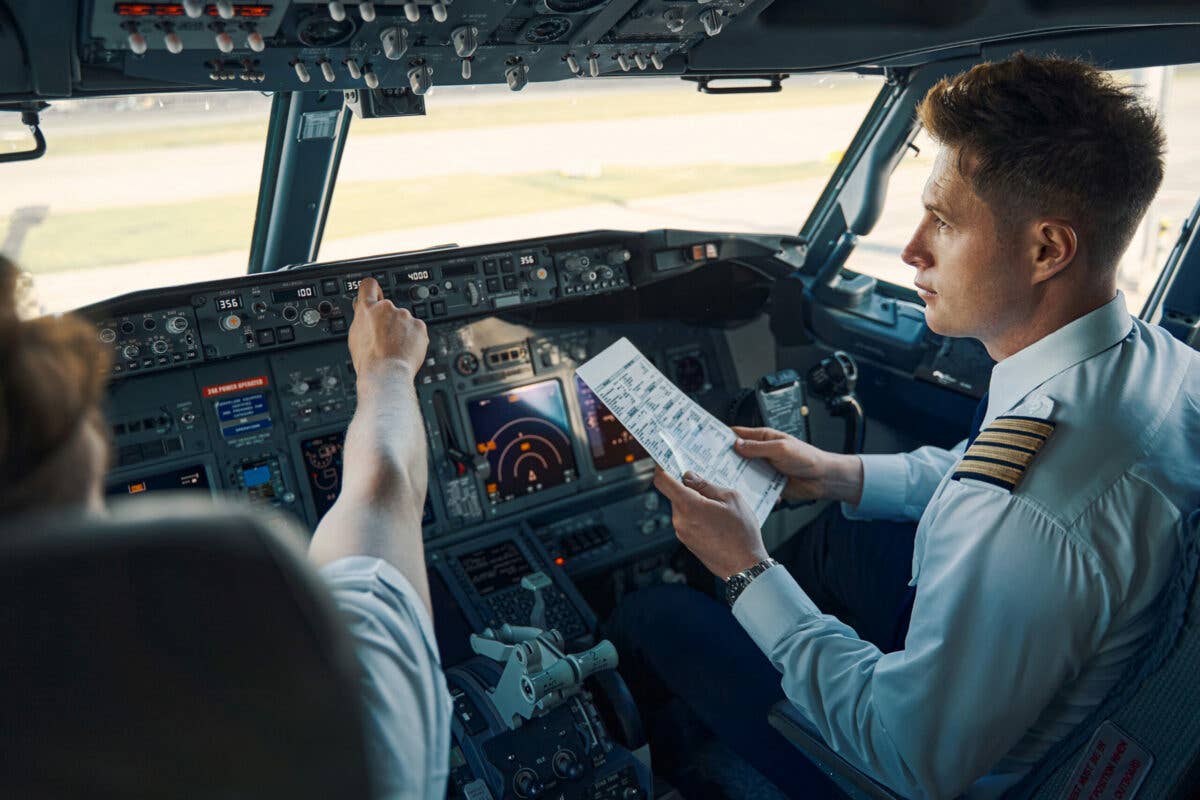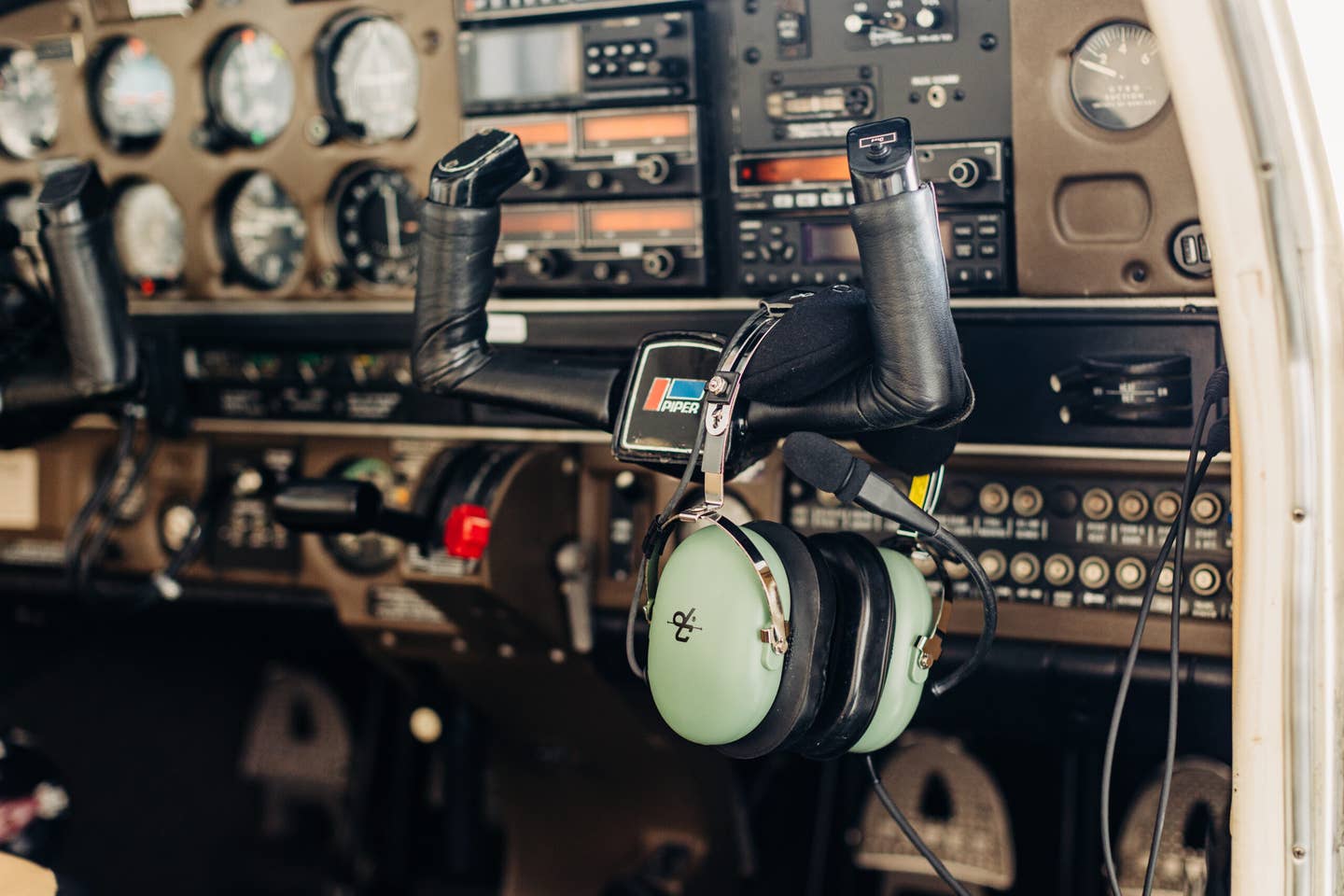9 Tips for Choosing the Best Part 61 Flight Instructor
A CFI offers ideas to help you make the choice.

Many new pilots choose to become flight instructors for their first aviation job. [iStock]
Neither the FAA nor your future employer will likely care if you did your flight training under Part 141 or under Part 61. What really matters is that you have the knowledge, skills, and experience required for the job.
Part 141 programs are more structured than Part 61. Because of this, it is possible to qualify for certification as a private pilot with a minimum of 35 hours total time, and for commercial pilot with 190 hours. The syllabus must be adhered to, however, and there are more stage checks, and often instructors are assigned to the learners.
Under Part 61, you learn the same material, but it takes more hours to qualify for your private pilot and commercial certificates (a minimum of 40 and 250 hours, respectively). With Part 61 there is also greater flexibility in the training. That begins with the ability to choose your own instructor. There are some things for you to consider, though, as you make this all-important choice.
Scheduling and Time of Lesson
Selecting an instructor begins with finding one whose schedule matches your own. If you are working full time and can only fly on the weekends, that narrows the field of available instructors. To make decent progress, you should fly at least twice a week, and three times is better. The lessons should be about an hour to two hours total. Not all of that time is spent in the aircraft.
When you select a CFI, you are essentially hiring a professional to do a job. As such, they should be interviewed. Some questions you should consider asking:
1. Why are you a flight instructor?
The most common response is "building hours to become an airline pilot.”
If that is the CFI's goal and they are getting close to the hiring minimums, you may want to think twice about working with them. Under a Part 61 program, it is not uncommon to have to repeat training when you change instructors.
If you are lucky, you may encounter an instructor who is there for the love of teaching aviation and seeing his or her learners succeed. They can be rare, and as such are highly prized.
2. Do You Use a Syllabus?
If the answer is yes, ask which one, and ask to see it. You should have a copy of it during training. Unlike Part 141, a specific syllabus is not required under Part 61, but it is the best way to keep your training on track and to help you prepare for each lesson. If the answer is no, or “it's not required,” move on—unless you are in no hurry and money is no object.
3. Do You Teach Ground School? Can You Recommend a Ground School?
You will need knowledge in addition to skill to be a pilot, this is usually acquired from ground school—if the school does not offer one in house or you do not have the time to be in the class, there are many online courses to choose from: Gold Seal, King Schools, Sporty's, etc. Ask the CFI which school they would recommend.
Some instructors do not teach ground school beyond the preflight and postflight briefings because they only get paid when the propeller is turning. Sometimes they do not have the confidence or skill set for ground instruction and will tell you to “read the book.” Look for an instructor who is comfortable teaching on the ground as well as in the air.
4. What Is Your First Time Pass Rate? How Do I Know You Are Committed To Instructing?
Flight instructors who have an 80 percent pass rate for first-time applicants are eligible for the FAA Gold Seal designation. This is a one-time-only accolade that recognizes the CFI for excellence of instruction. Some CFIs pride themselves on maintaining that pass rate and will tell you so.
Another means to determine an instructor's commitment to the educational process is the Master Instructor designation from either the National Association of Flight Instructors (NAFI) or the Society of Aviation and Flight Educators (SAFE). To achieve the designation, the instructor must perform and document several hundred hours of activities designed to improve their teaching skills. For the instructor, it is like getting an associate degree in aviation. The designation is renewed every two years.
5. How Are the Lessons Structured?
Key words and phrases to listen for are "preflight brief," "airman certification standards," "syllabus," and "postflight brief."
Each lesson should begin with a preflight brief, which tells you what tasks you will be doing and how to do them, progress to doing the lesson/accomplishing the tasks to the standards, and conclude with a postflight brief that critiques your performance, discusses methods for achieving a better performance what will be done in the next lesson. If the CFI responds with, "We just go out and fly," you will not be getting your money's worth.
6. What Experience Do I Need To Earn the (Insert Certificate or Rating Here)?
A good CFI will pull out a current copy of the FAR/AIM and show you the appropriate entry under Part 61. Many learners do not know how to use the FAR/AIM to become acquainted with the experience and knowledge they need—a good CFI will teach you how to do this, allowing you to take ownership of your training. Bonus points to the CFI who explains the three stages of private pilot training: pre-solo (the 15 things per FAR 61.87), post-solo experience-building and cross-country flight, and check ride prep.
7. Can I Have an Introductory Flight?
An introductory flight, also known as an Intro Flight, is basically a working interview for the CFI—it is the first flight lesson. The purpose of this flight is for you to determine if the CFI's teaching style works with your learning style. It should begin with a lesson on how to do a preflight inspection of the aircraft.
8. What Do We Do If the Weather Is Too Poor To fly?
The CFI should explain weather minimums and assure you that you will be taught how to check the weather using FAA approved sources. If the weather is too poor to fly, the choices are to do a ground lesson or to cancel.
9. What Is Your Fee?
Flight instruction is a service, and you can expect to pay for instruction both on the ground and in the air. Please note if the CFI is working at a flight school that charges the learners, let's say $60 an hour for instruction, the CFI is getting significantly less than that. Do not be surprised if the CFI cannot give you a hard number as to how much the entire certificate will cost—the good ones can ballpark it, but there are often too many variables to give you a fixed price.
Listen to your gut during the initial meeting. If the CFI reminds you of someone you do not like, this could get in the way of the educational process. If the CFI looks like they just rolled out of bed or gives the impression that they would rather be someplace else, i.e., looking at their watch or their phone—move on.
No one expects a Part 61 CFI to be wearing a dress shirt and tie (bonus points for those who do), but they should look professional and act professional—because for that hour or so you spend with them, you are the most important person in the world. Their job is to help you fulfill your aviation dreams.

Sign-up for newsletters & special offers!
Get the latest FLYING stories & special offers delivered directly to your inbox






